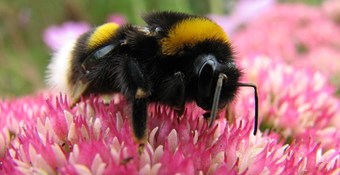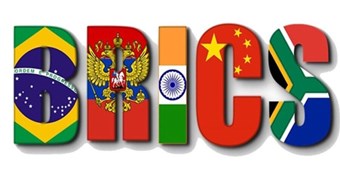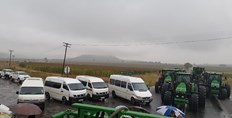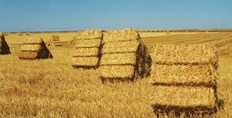Agri Hour
#Agbiz: How should localisation strategy be drafted for SA?─── ELSABÉ RICHARD 05:00 Tue, 01 Dec 2020
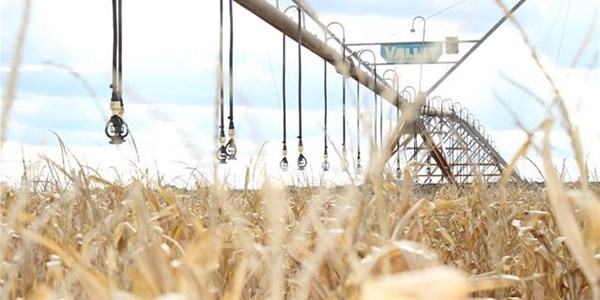
As usual on the Agri Hour, Wandile Sihlobo, chief economist at the Agricultural Business Chamber of South Africa, Agbiz, provides a weekly insert about the latest on the global as well as South African agricultural markets.
He also provides more information about the latest developments in the agricultural sector. Here is Sihlobo...
See PODCAST below.
As part of various measures underpinning the Economic Reconstruction and Recovery Plan from the destruction caused by the Covid-19 pandemic, the South African government is currently drafting its localisation strategy. Sihlobo adds that 8% of total imports over the past five years, which consisted of the agriculture, food and beverages sector, accounted for an annual value of about US$6.5 billion. According to him, this makes it a notable sector to be explored in the process of promoting localisation.
Sihlobo further explains that the top-ten products in the import list account for 46% of all agriculture, food and beverages imports, namely “rice (7%), poultry meat (7%), wheat (6%), alcohol (vodka, whiskies, spirits, gin, rum, etc.) (5%), sugar cane (5%), palm oil (4%), beer from malt (4%), protein concentrates (3%), sunflower oil (3%), and unspecified animal foods (dog or cat food for retail) (2%)”. He says this top-ten import list might draw the attention of policymakers, or even persuade them to explore ways of reducing the imports in this category. However, Sihlobo says that this is not where the attention should be. He is of the opinion that the focus should rather be on relatively small and niche value chains where South Africa might have capabilities of improving domestic production.
When looking at an example, Sihlobo states that the top-ten imports list comprises of some products that South Africa does not have a conducive climate to increase its production. He says these specific products are palm oil, wheat and rice, which account for 18% of overall agriculture, food and beverages import bill of US$6.5 billion. “With that said, there could be an improvement in the medium to long term in reducing the imports of poultry products, sunflower oil, sugar cane and animal foods through improvements in domestic production. In the case of poultry and sugar industries, the Master Plans and various trade instruments in place are some of the policy steps that seek to support domestic production and reduce import dependency,” says Sihlobo.
Furthermore, he adds that other imported products, that are excluded from the list of the top ten, include live cattle, fruit juices, bottled water, coffee, soybean oilcake, pork products, pasta, honey, pasta, beef and sources, amongst others. He explains that when this list is studied closely, and products and value chains are identified, South African business can expand operations that will be essential in the drafting of the localisation strategy. Also, another important aspect will be an increased focus in value chains that are also labour intensive so that the localisation strategy can also address the core challenge in South Africa - which is the growing unemployment.
Sihlobo further explains that an important point to note is that South Africa will need to foster the localisation strategy while also being cognisant of the trading partners perception of this strategy. He says the country should minimise the use of trade instruments such as import tariffs, and rather focus more on providing incentives to develop the value chains that will be identified as key. With that being said, Sihlobo adds that the localisation strategy should rather be “packaged and communicated as a way of boosting local production in employment-intensive subsectors that will help address the growing unemployment in the country.”
OFM News

